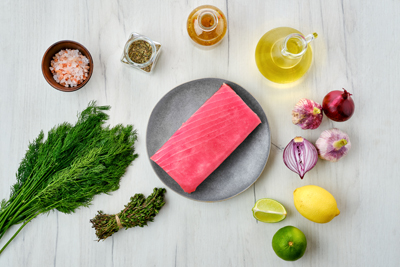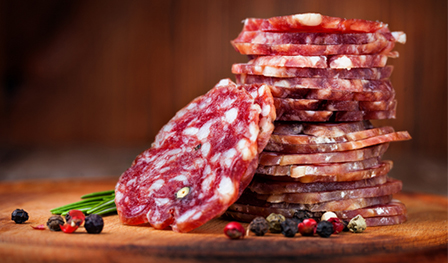Better Ingredients, Better Life!

Products
- Transglutaminase Preparations
-
Natural Vegetable Fibers Acefiber Series
-
Gelling Agent Acemulsion Series
-
Natural Food Coloring NaturAce for Meat
-
Shelf-Life Extender
-
Aceprot Veg for Plant-based Proteins
-
Acenucleus for Meat Analogue Solutions
- Thickeners, Stabilizers, Emulsifiers
- Preservatives, Antioxidants, Acidity Regulators
- Sweeteners & Flavoring
- Proteins & Fibers
- Other Ingredients & Additives
Applications
-
Meat Additives
- Bacon Additives
- Emulsified Sausage Additives
- Ham Additives
- Sausage Coloring
- Meat Additives In Doner Kebab
- Meat Additives In Meat Balls
- Meat Additives In Fresh Injected Products
- Burgers Additives
- Meat Additives In Minced Meat
- Fibre In Sausages
- Meat Additives In Nuggets
- Meat Additives In Cotlets
- Meat Additives In Meat Fillings
-
Dairy Additives
- Set Yoghurt Additives
- Dairy Additives In Stirred Yogurt
- Dairy Additives In Drinkable Yogurt
- Dairy Additives In Kefir
- Fresh Cheese Fiber
- Dairy Additives In Tvarog
- Fiber In Cottage Cheese
- Dairy Additives In Feta Cheese
- Dairy Additives In Grilled Cheese
- Dairy Additives in Ripened Cheese
- Dairy Additives In Ice Creams
-
Fish Additives
- Vegan Food Additives
- Additives in Baking
X
 EN
EN
 cn
cn  jp
jp  es
es  ru
ru  vi
vi 







